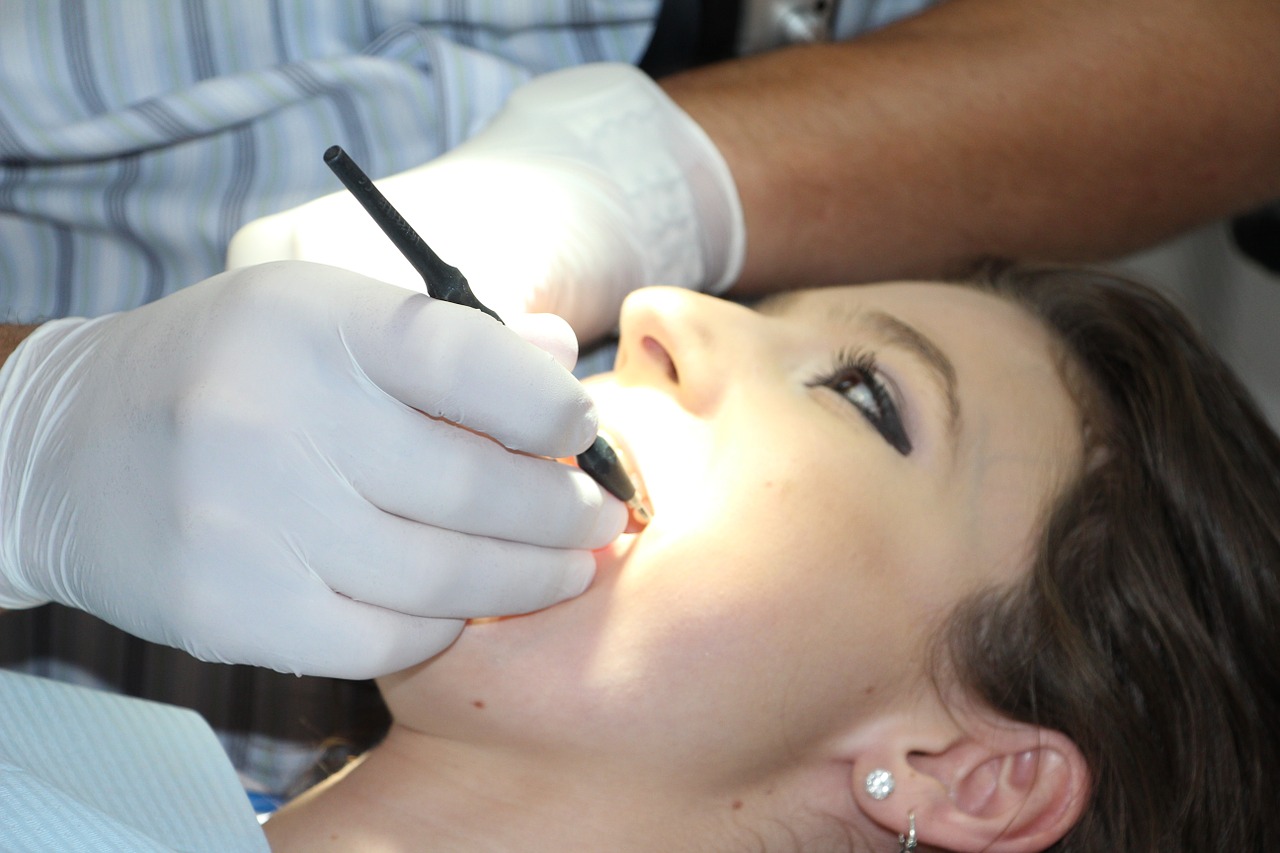One would think that swimming would not be an activity that would present danger to your teeth, yet the presence of chlorine can actually damage the tooth enamel, especially if it is present in quantities. There was a case of a man in Florida who reported extra sensitivity in his teeth, and it was found that the pool in which he spent 90 minutes per day contained excessive amounts of chlorine. It only took a few months for his teeth to become darker and there was significant damage done to the tooth enamel, and it was this case that first alerted the world about the dangers of chlorine causing damage to tooth enamel.

PH Levels
The pH level of swimming pool water that falls below 7 can be a risk to your tooth enamel, so if you have a pool at home, check the pH levels on a regular basis, and avoid using too much chlorine. If you are going to swim in a public pool, then ask about their chlorine use, as many pools no longer use chlorine, opting to use other methods to keep the water clean. Swimming in a pool with excessive chlorine might be fine just the one time, but continued exposure to chlorine might affect your teeth in several ways.
Things You Can Do
Keeping your mouth closed when swimming can help to reduce the damage caused by chlorine in the water, and washing your mouth out with antiseptic mouthwash directly after swimming is another way to prevent damage to your tooth enamel. Any pool where you regularly swim, you should check the pH level with the people who run the facility, as this could have a serious effect on your teeth.
Symptoms of Chlorine Damage
Symptoms include extra-sensitivity of the teeth, plus a darkening of the tooth enamel, and should you experience either of these symptoms, you should cease swimming and consult your dentist as soon as possible. If you are looking for Gold Coast orthodontics, Robina Town Dental offers a first-class service and a wide range of treatments.
Chlorine in the Mains Water
The amount of chlorine in the main water supply is minimal and certainly not enough to cause your tooth enamel any damage, although it is always a good idea to fit special filters that can remove other harmful additives that can find their way into the mains water supply.
Swimming regularly does mean you should always be aware of the risks that come with pools that have excessive use of chlorine, and you should always ask when swimming in a public pool about their water cleansing system.

Of course, you should schedule regular oral examination regardless of whether you swim or not, as these check-ups will identify any oral issues, allowing for prompt treatment before any damage is caused. If you do not have a regular dentist, an online search will help you to locate a nearby clinic, where you can register and have your first oral examination.
Check Out The Benefits Of A Tonsillectomy

